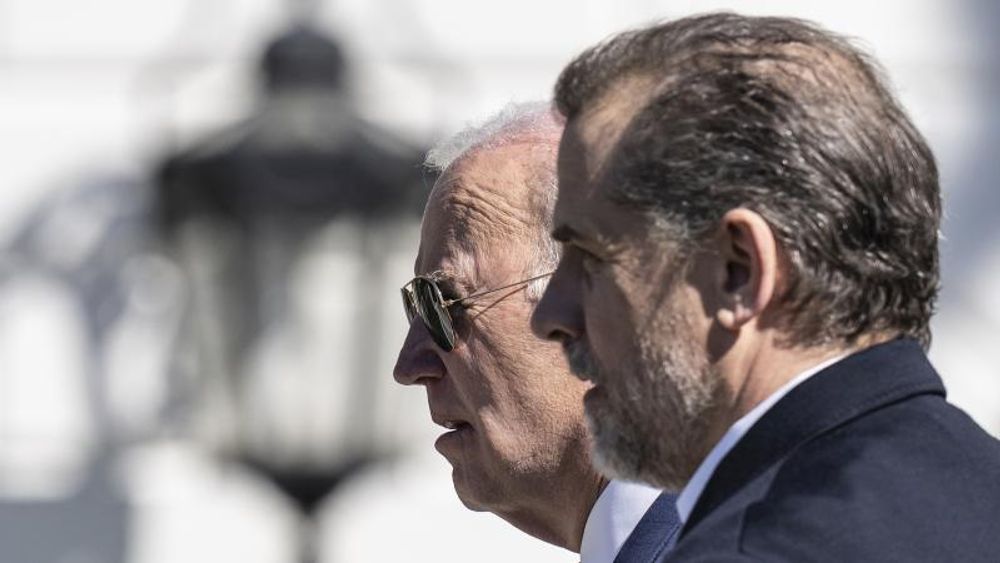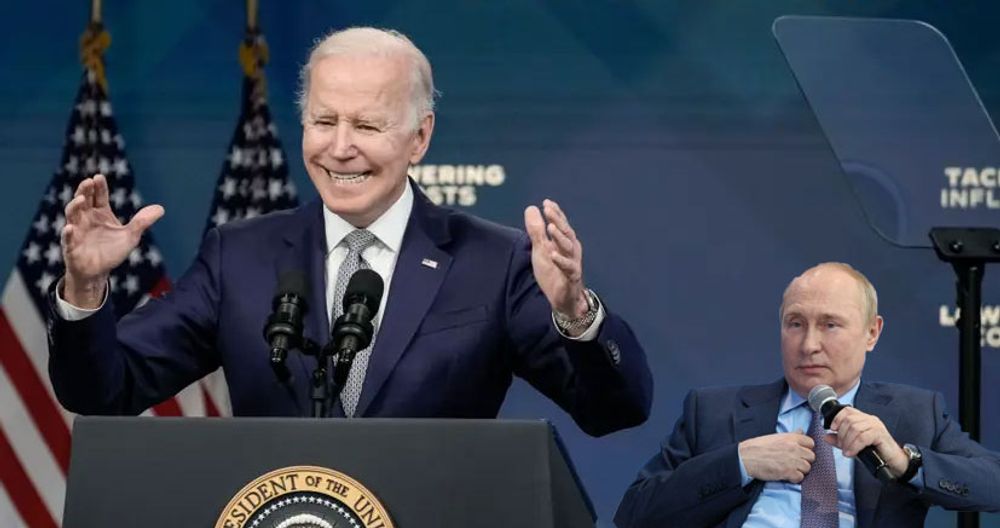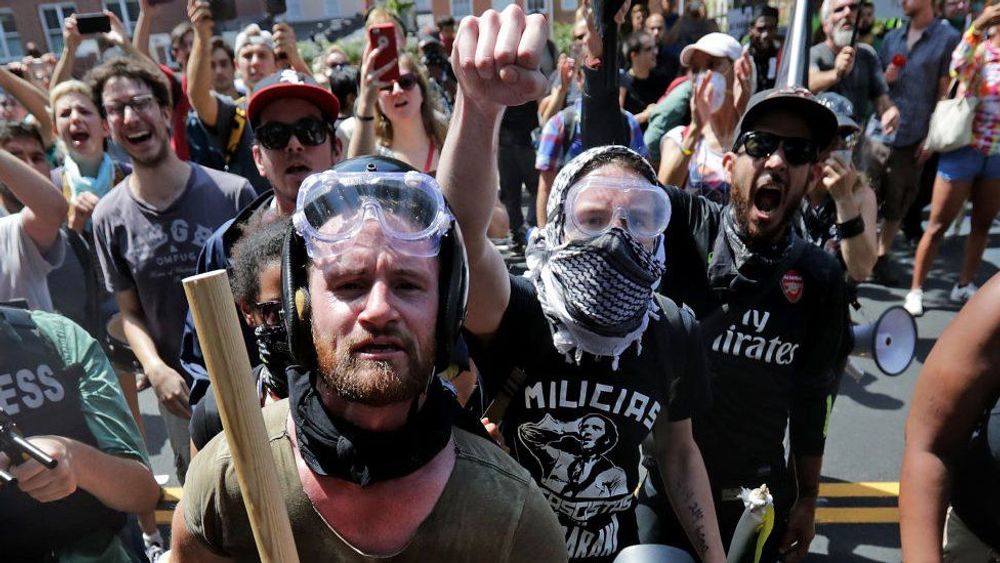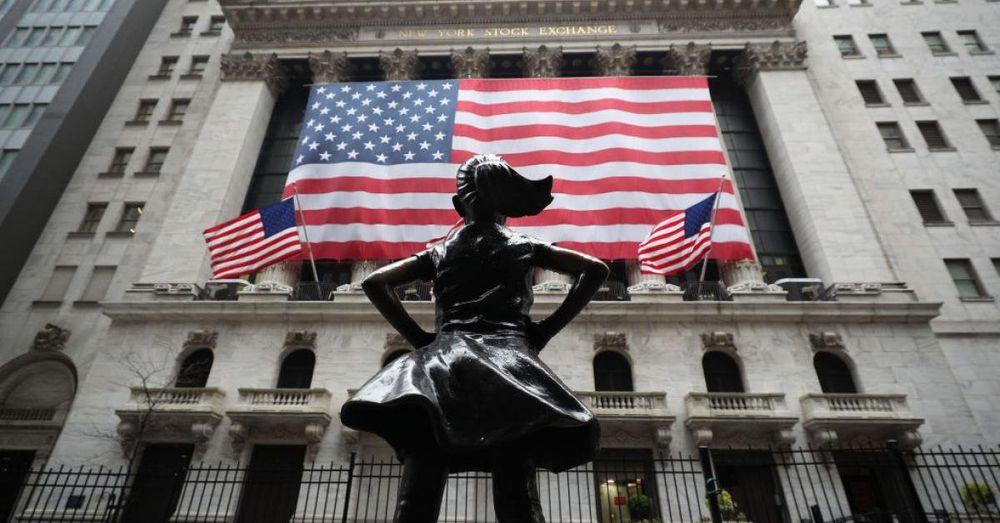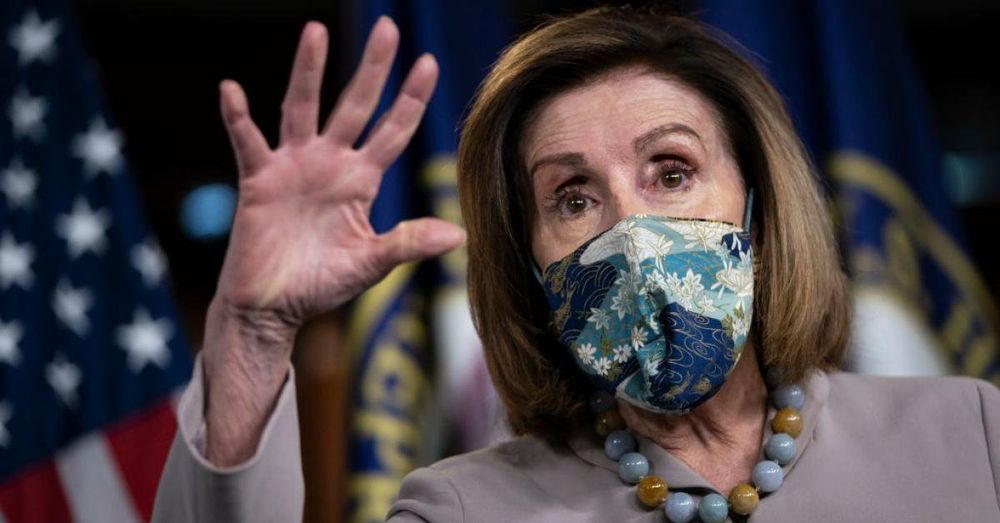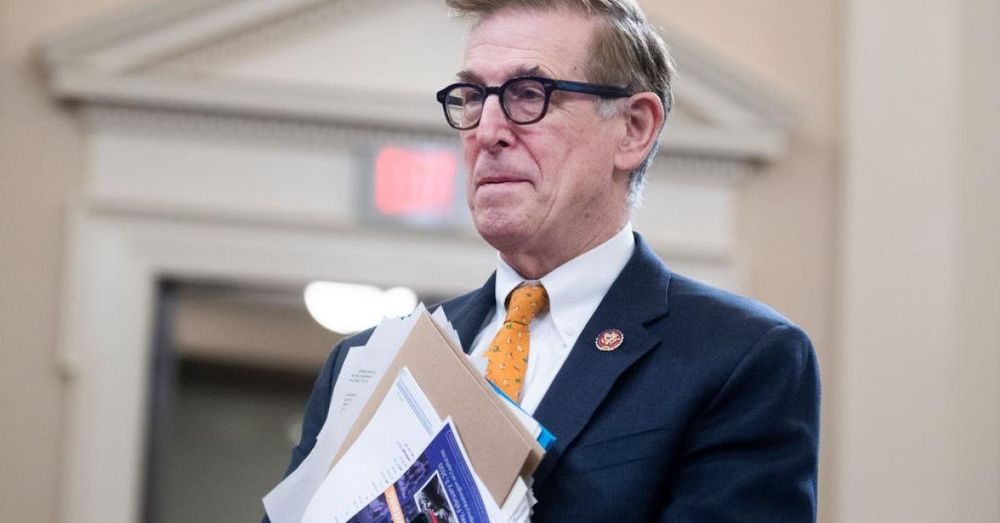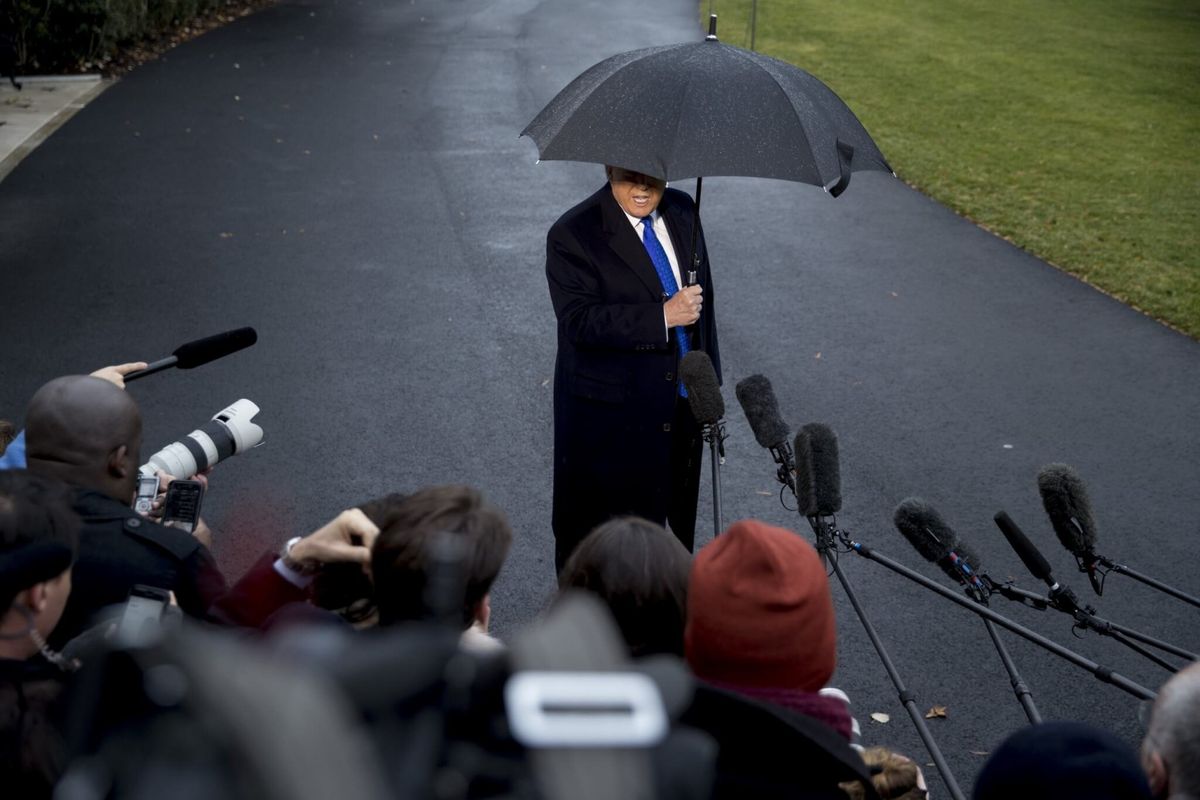
House Intelligence Committee Plans Tuesday Release of Impeachment Report
The U.S. House Intelligence Committee is expected to publicly release Tuesday a report on its findings and recommendations in the impeachment inquiry into President Donald Trump.
Committee Chairman Adam Schiff told MSNBC late Monday that the panel was "putting the finishing touches" on the report. He also said the committee would vote Tuesday night on formally submitting it to the Judiciary Committee, whose members will decide whether to draw up articles of impeachment against Trump.
The Judiciary Committee is scheduled to start its own impeachment hearings Wednesday, and will do so without a Trump lawyer present.
The president said he would not be sending representation "because the whole thing is a hoax."
Trump also criticized Democrats for holding the hearing at the time he will be attending the North Atlantic Treaty Organization's leaders' summit in London.
"Just landed in the United Kingdom, heading to London for NATO meetings tomorrow," Trump tweeted late Monday. "Prior to landing I read the Republicans Report on the Impeachment Hoax. Great job! Radical Left has NO CASE. Read the transcripts. Shouldn't even be allowed. Can we go to Supreme Court to stop?"
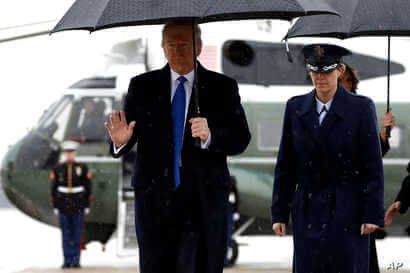
Wednesday's hearing will focus on the constitutional grounds surrounding impeaching a president with four legal scholars appearing as witnesses. The Judiciary Committee announced Monday a witness list of law professors Noah Feldman of Harvard University, Pamela Karlan of Stanford University, Michael Gerhardt of the University of North Carolina, and Jonathan Turley of George Washington University.
Trump also pointed to fresh comments by Ukrainian President Volodmyr Zelenskiy claiming that he never spoke with the U.S. president "from the position of a quid pro quo."
Zelenskiy also told reporters for four magazines (Time, Le Monde, Der Spiegel and Gazeta Wyborcza) that at a time Ukraine is at war with Russia, the United States, as Kyiv's strategic partner, should not have been blocking military aid.
"I think that's just about fairness. It's not about a quid pro quo," said Zelenskiy.
Trump seized on that comment as further vindication from Democrats' allegations that Trump withheld support to Ukraine until the country helped dig up dirt on former Vice President Joe Biden, now a leading contender to challenge Trump in next year's election.
Zelenskiy "just came out a little while ago and he said, ‘President Trump did absolutely nothing wrong' and that should end everything," the U.S. president said Monday.
White House counsel Pat Cipollone, in a letter to Nadler late Sunday, said the Trump administration "cannot fairly be expected to participate in a hearing while the witnesses are yet to be named and while it remains unclear whether the Judiciary Committee will afford the president a fair process through additional hearings."
Cipollone said he will reply by the end of the week on whether the White House would appear at future hearings.
Nadler assured Trump and his counsel in his invitation letter last week that he "remains committed to ensuring a fair and informative process."
The Judiciary Committee chairman added the president has the "opportunity to be represented in the impeachment hearings, or he can stop complaining about the process."
Possible charges that could lead to Trump's impeachment include bribery and high crimes and misdemeanors.
Trump is accused of holding up nearly $400 million in badly-needed military aid to Ukraine in exchange for Zelenskiy's public commitment to investigate Biden for alleged corruption.
Biden's son, Hunter, sat on the board of the Ukrainian gas company Burisma. Trump alleges that when Biden was vice president, he threatened to hold up U.S. loan guarantees to Ukraine, unless the government fired a prosecutor who was investigating Burisma.
Trump also insists it was Ukraine, not Russia, that interfered in the 2016 U.S. election on behalf of Democrats.
No evidence against the Bidens has ever surfaced and the charge against Ukraine was based on a debunked conspiracy theory that originated in Russia.
 House Intelligence Committee Releases Impeachment ReportNext PostBloomberg’s Soft-on-China Trade Policy Unique in Democratic Presidential Field
House Intelligence Committee Releases Impeachment ReportNext PostBloomberg’s Soft-on-China Trade Policy Unique in Democratic Presidential Field
